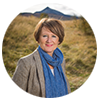
Second International Symposium on Plastics in the Arctic and Sub-Arctic Region: Harpa, Reykjavík Concert Hall and Conference Center, Reykjavík, Iceland
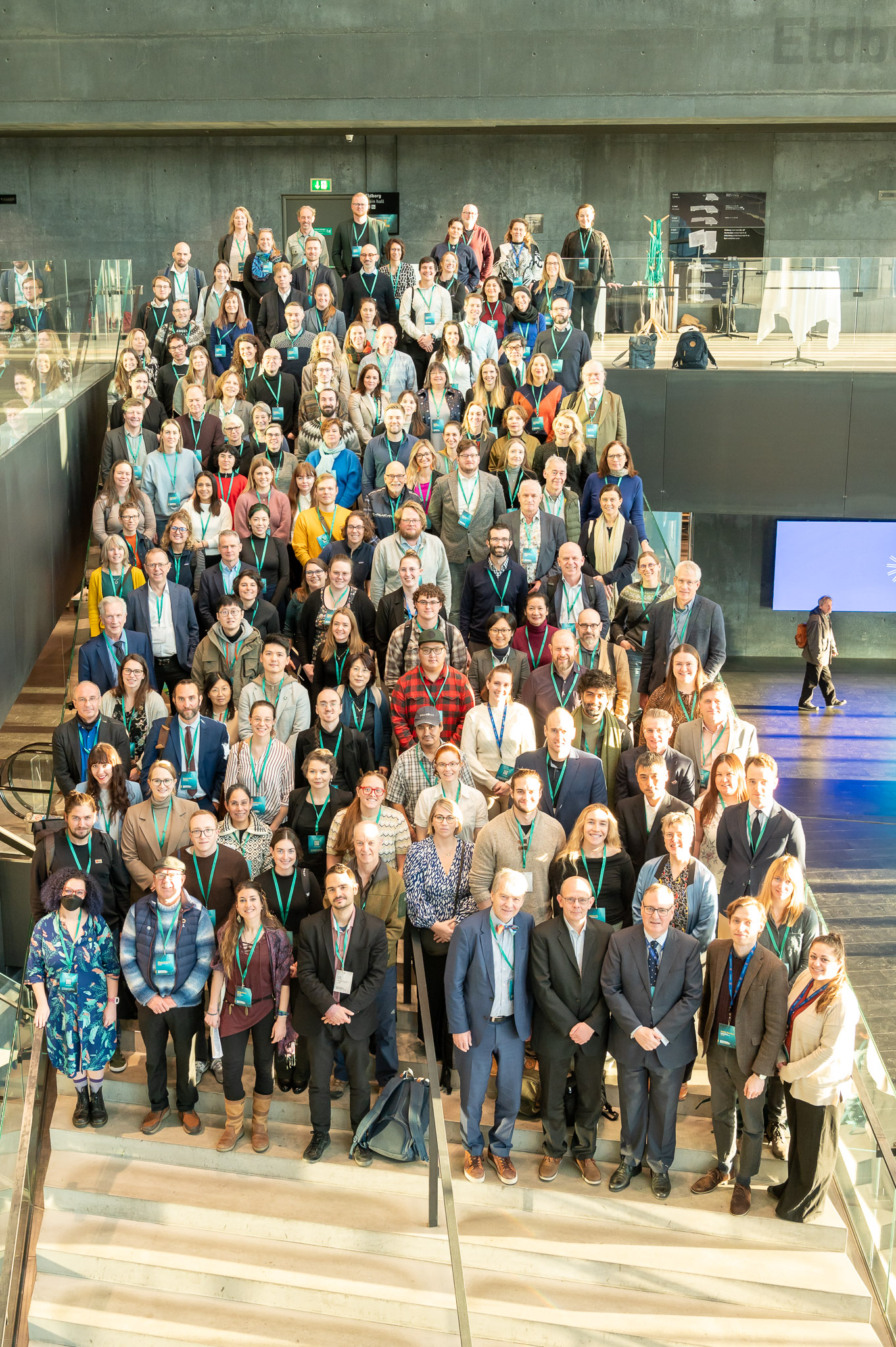 #ArcticPlastics2023
#ArcticPlastics2023
Plastic pollution is of ever-growing concern. It is a well-known fact that plastic litter is omnipresent in our environment and the eventual sink for plastic waste is the world oceans. Even in the Arctic region plastic pollution is widespread. There is now a great urgency for actions to stem the plastic tide. Recently, the United Nations Environment Assembly adopted a broad negotiating mandate for a new legally binding international agreement to end plastic pollution. The new agreement is expected to include provisions to promote national and international cooperative measures to reduce plastic pollution in the marine environment.
Scientific research and studies into plastic pollution have been growing quite fast over the last couple of decades. It is essential that we take full advantage of the best available knowledge when we look for solutions to tackle this global problem. In March 2021, Iceland and the Nordic Council of Ministers hosted a successful First symposium on Plastics in the Arctic and Sub-Arctic Region with participants calling for a follow up in the near future.
For these reasons, the Government of Iceland, with the support of the Nordic Council of Ministers, will host a Second International Symposium on Plastics in the Arctic and Sub-Arctic Region at Harpa, Reykjavík Concert Hall and Conference Center, on 22-23 November 2023. The aim is to gather scientific, Indigenous and local knowledge on plastic pollution and discuss ways and means to reduce the impact of plastics on Arctic ecosystems.
The Government of Iceland has already received confirmation from the following organizations and institutions to become partners in the event. These are the International Council for the Exploration of the Sea (ICES), the Oslo and Paris Commission (OSPAR), the International Oceanographic Commission (IOC) of UNESCO, the University of the Arctic (UArctic), the International Arctic Science Committee (IASC) the Polar Institute of Wilson Center, GRID-Arendal, the Center for the Ocean and the Arctic, UiT the Arctic University of Norway and the Nature Institute of Greenland. Iceland is interested in extending the collaboration and partnership in the symposium and will welcome additional partners for the event. The symposium is being held with financial support from the Nordic Council of Ministers.
The planned symposium will build on the foundation of science of the first symposium and produce information and advice for decision makers. The symposium aims for exchange of views and updates of knowledge from various sources. The symposium will evaluate the present extent and nature of plastic pollution in the Arctic and Sub-Arctic regions and discuss its impact on ecosystems and communities. The origin of plastic litter, how it is transported to or in the Arctic and Sub-Arctic region and how breakdown processes are affecting the status of pollution will also be addressed.
Finally the symposium will focus on possible mitigation methods and how they can be implemented and provide useful input to the ongoing negotiations on an international agreement on plastic pollution, and to other ongoing relevant international work to support protection of the marine environment.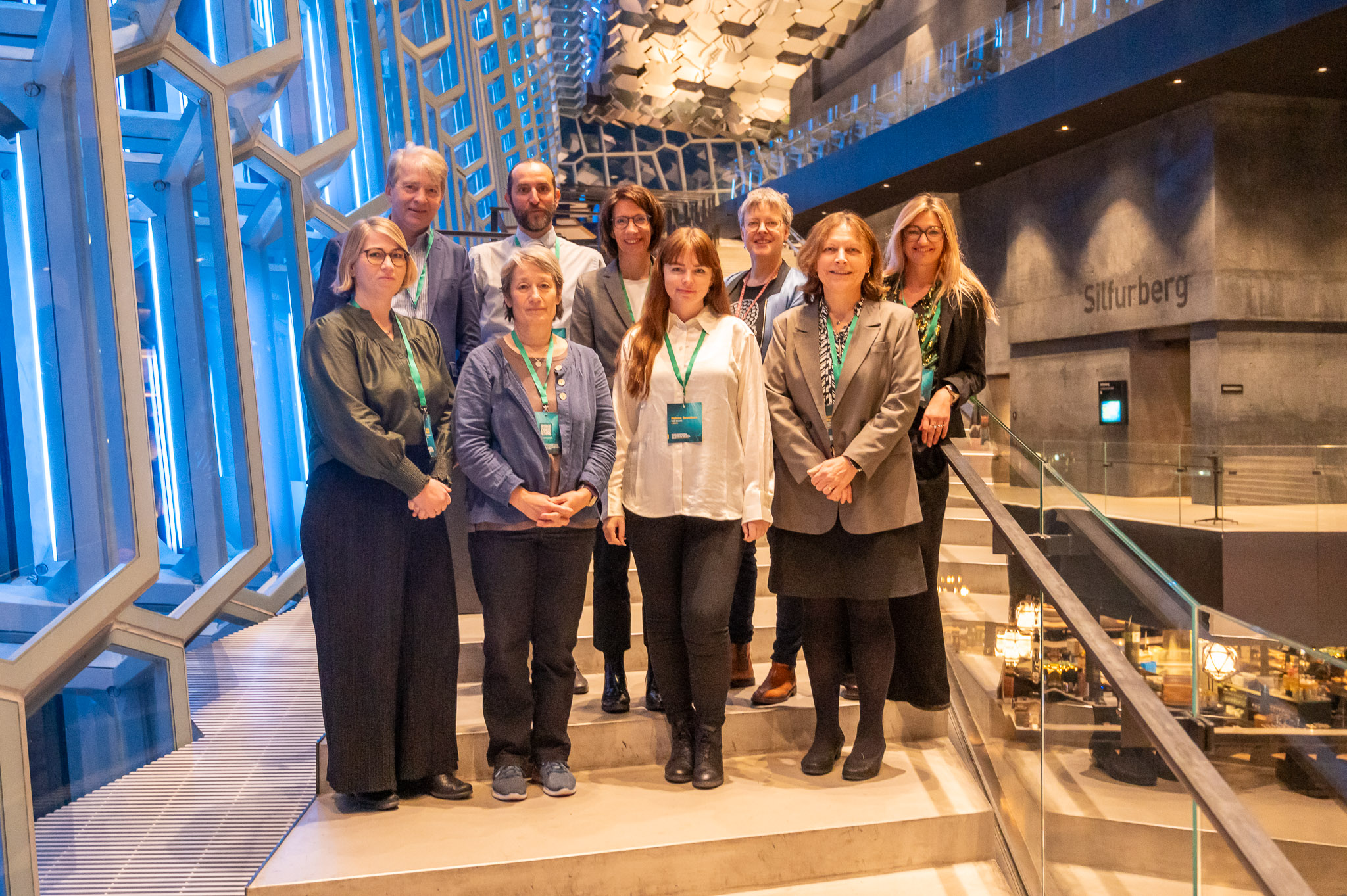 A high-level scientific steering committee has been established to assist in developing the program of the symposium.
A high-level scientific steering committee has been established to assist in developing the program of the symposium.
Conference themes are the following:
- Monitoring and assessment of plastic pollution in the Arctic.
- Methodological developments to determine macro, micro and nano plastics.
- Sources and transport of plastic in the Arctic and sub-Arctic.
- Impacts of marine litter in the Arctic (environmental, economic and social).
- Arctic challenges and solutions for improved waste management.
- Tackling plastic pollution: international collaboration, policies, best practices and novel developments from around the world.
Photos: Christian Bruttel (Spitzbergen Reisen AS). Supplemented by GettyImages and from the Symposium venue, Harpa.
Scientific Steering Committee










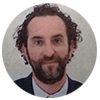
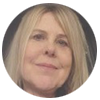
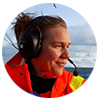


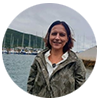



Executive Steering Committee
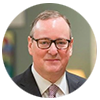


Organizing Team
